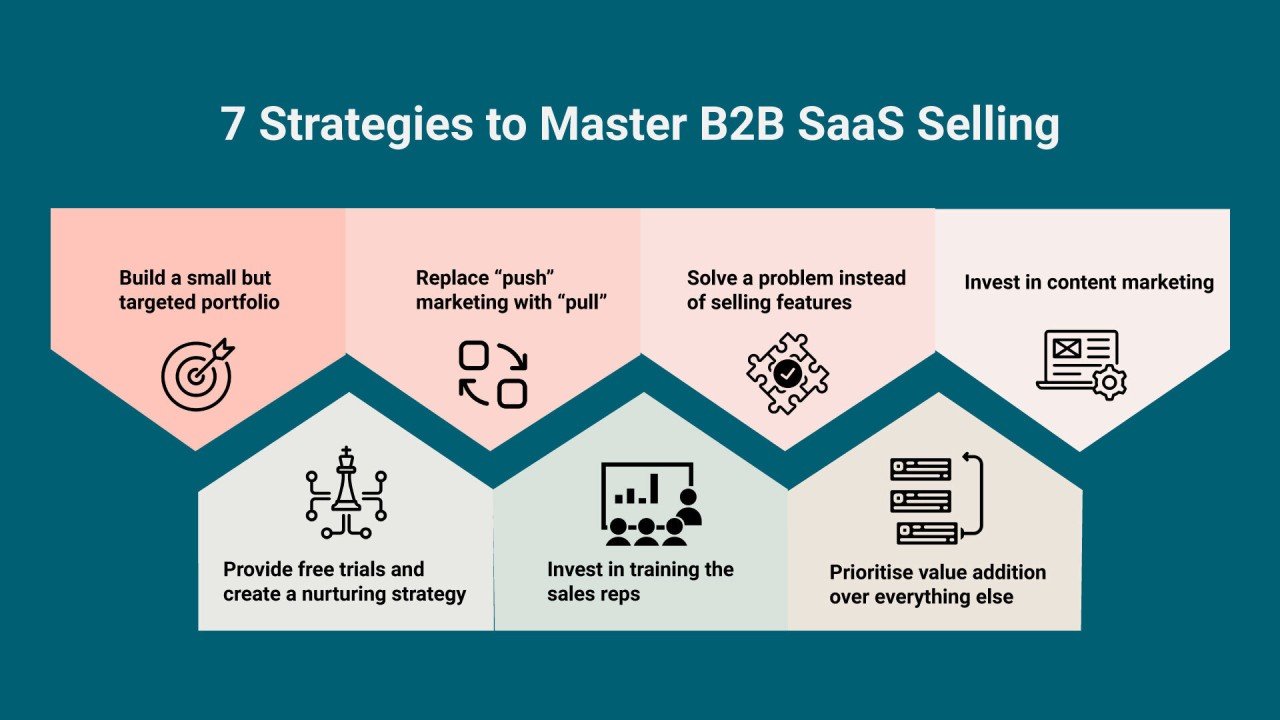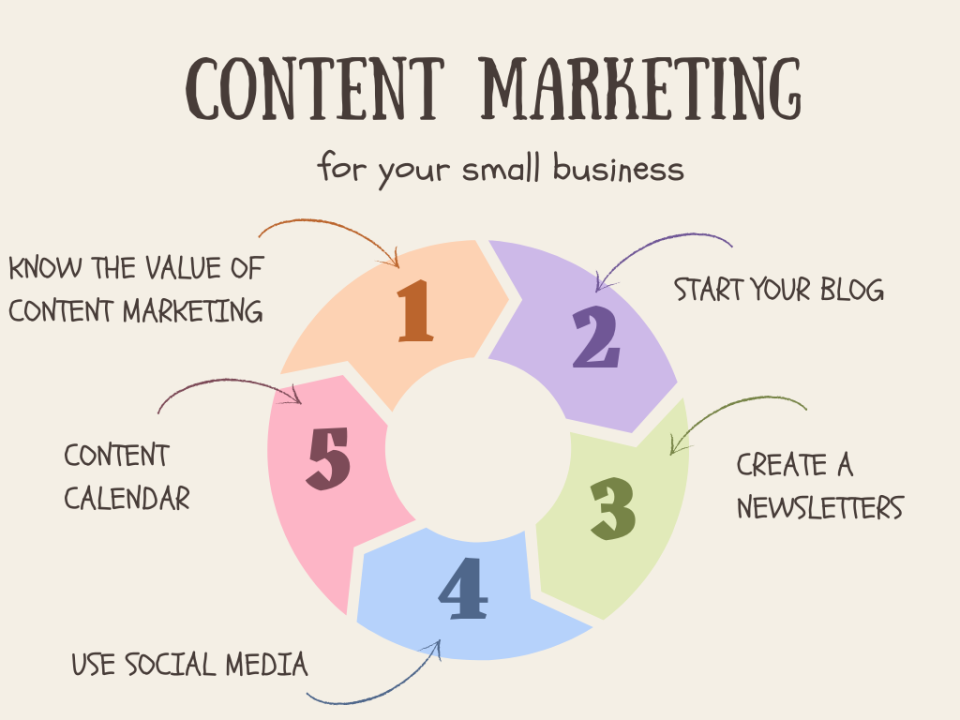In the world of B2B marketing, content is king. As businesses increasingly rely on digital channels to make purchasing decisions, having a robust content marketing strategy is essential. For B2B businesses, content marketing is not just about attracting attention; it’s about building trust, establishing authority, and driving conversions. In 2024, the landscape of B2B content marketing continues to evolve, with new trends and technologies shaping how businesses connect with their target audiences. In this post, we’ll explore the most effective content marketing strategies for B2B businesses in 2024.
1. Understand Your Target Audience
Before you can create compelling content, you need to understand who you’re creating it for. B2B buyers are typically more informed and have specific needs compared to B2C customers. They often conduct extensive research before making purchasing decisions. To effectively reach your audience, start by developing detailed buyer personas that include information such as:
- Industry and Job Role: What industries do your customers belong to? What are their job titles?
- Pain Points: What challenges or problems are they looking to solve?
- Decision-Making Process: What factors influence their purchasing decisions? How long is their buying cycle?
- Preferred Content Formats: Do they prefer blog posts, whitepapers, videos, or webinars?
By understanding your audience, you can create content that speaks directly to their needs and positions your business as the solution to their problems.
2. Create High-Quality, Valuable Content
In 2024, quality trumps quantity. B2B buyers are looking for content that provides real value and helps them make informed decisions. To create high-quality content:
- Focus on Educational Content: Provide in-depth information that helps your audience understand complex topics. This could include how-to guides, industry reports, case studies, and whitepapers.
- Use Data-Driven Insights: Incorporate data and research into your content to back up your claims and provide credibility.
- Showcase Expertise: Leverage the knowledge of your team members by featuring their insights in blogs, videos, or podcasts.
Remember, your content should not just promote your products or services but also position your brand as a trusted industry leader.

3. Leverage Multiple Content Formats
Different people consume content in different ways. To maximize your reach, it’s important to leverage a variety of content formats. In 2024, video content continues to grow in popularity, but written content, podcasts, and interactive formats also play crucial roles. Here’s how you can diversify your content:
- Blog Posts and Articles: Great for SEO and driving organic traffic to your site.
- Videos and Webinars: Ideal for explaining complex concepts and engaging with your audience in a more dynamic way.
- Infographics: Perfect for visual learners and for simplifying data-heavy information.
- Podcasts: A growing medium for busy professionals who prefer to consume content on the go.
- Interactive Content: Quizzes, calculators, and interactive infographics can provide a more personalized experience.
By offering content in various formats, you can reach a broader audience and cater to different learning preferences.
4. Focus on SEO and Keyword Strategy
Search engine optimization (SEO) is vital for ensuring your content reaches the right audience. In B2B marketing, where the sales cycle can be long, SEO helps keep your brand visible throughout the decision-making process. Key SEO strategies for B2B content marketing include:
- Keyword Research: Identify keywords that your target audience is searching for. Focus on long-tail keywords that are more specific and have less competition.
- On-Page SEO: Optimize your content’s title tags, meta descriptions, headers, and images to improve search engine rankings.
- Content Clusters: Group related content into clusters around a central pillar page to improve your site’s authority on specific topics.
- Link Building: Earn backlinks from reputable industry sites to boost your content’s credibility and search engine rankings.
Regularly update your content to keep it relevant and optimize it for emerging trends and changes in search engine algorithms.
5. Implement a Strong Content Distribution Strategy
Creating great content is only half the battle; you also need to ensure it reaches your target audience. In 2024, content distribution is just as important as content creation. To effectively distribute your content:
- Utilize Social Media: Share your content on platforms where your target audience is active. LinkedIn remains a top platform for B2B marketing.
- Email Marketing: Use email campaigns to nurture leads with personalized content that addresses their specific needs.
- Paid Advertising: Invest in paid ads on platforms like LinkedIn, Google, or industry-specific websites to amplify your content’s reach.
- Partnerships and Guest Posting: Collaborate with industry influencers or other businesses to expand your reach and tap into new audiences.
A multi-channel distribution approach ensures that your content is seen by the right people at the right time.
6. Measure and Optimize Your Content Marketing Efforts
To ensure your content marketing strategy is effective, you need to track performance and make data-driven adjustments. Key metrics to monitor include:
- Traffic and Engagement: Track the number of visitors, page views, and time spent on your content.
- Lead Generation: Measure how well your content is generating leads and driving conversions.
- SEO Performance: Monitor keyword rankings, organic traffic, and backlinks.
- Conversion Rates: Analyze how effectively your content is moving prospects through the sales funnel.
Use this data to refine your strategy, identify successful content types, and optimize underperforming assets.
Conclusion
In 2024, B2B content marketing is all about delivering high-quality, valuable content that speaks directly to the needs of your target audience. By understanding your audience, creating diverse and engaging content, optimizing for search engines, and implementing a robust distribution strategy, you can build strong relationships, establish authority, and drive business success. Remember, content marketing is an ongoing process, so continually measure your results and adjust your strategy to stay ahead of the competition.




